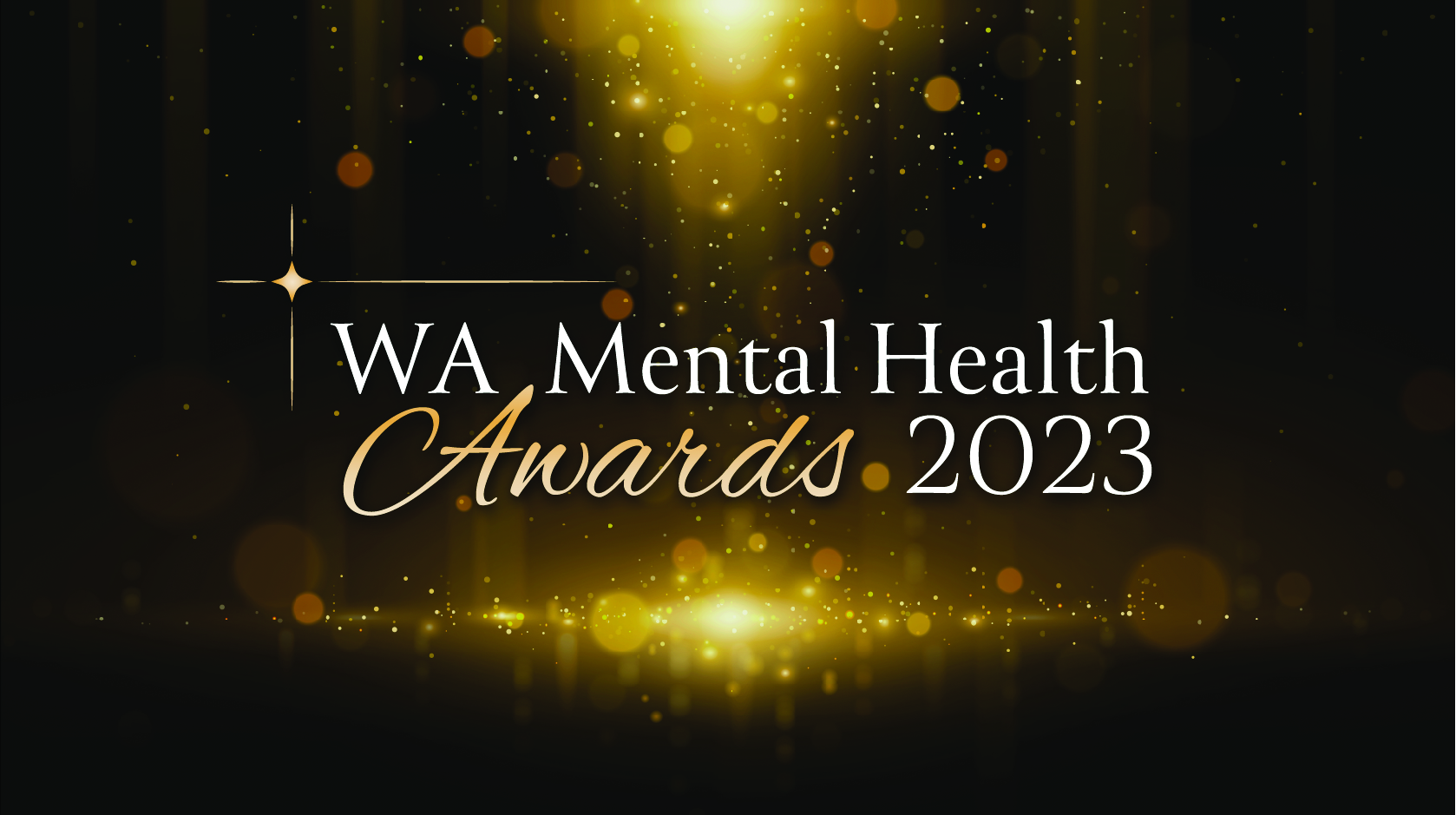Innovation for Change Award
Presented by Youth Focus
2022 Winner:
Care and Protection Service, Ruah Legal Services
Ruah Legal Service’s Care and Protection Service was launched in September 2020 and is the first service of its kind in WA – providing wrap-around legal and non-legal support and advocacy to vulnerable families facing child protection proceedings. The service recognises that families involved with child protection authorities are some of our most vulnerable. It adopts an early intervention approach, providing intense advocacy in the early stages of care and protection proceedings, and then ongoing support up until the end of their matter. The team comprises lawyers and mental health specialist community workers. The service has been a great success, demonstrated by the first evaluation data (for the period 1 September 2020 to 31 December 2021) which was released as an Interim Evaluation Snapshot in February 2022. Over that period, of the 61 clients assisted with 2515 hours of legal work and 2510 hours of psychosocial support, 95% agreed that having access to both legal and social support had been valuable.
2022 Finalists:
International Pen Pal Program, Carers WA
The Carers WA International Pen Pal Program was founded by Carers WA in 2018. Although it now supports more than 176 carers from WA and across the globe, it had humble beginnings. The program has grown and evolved from originally being for young carers to now having carers of all ages participate across Australia and the world, and is an inclusive program for care recipients living with disability. Allowing carers to share their experiences, concerns and have an independent outlet has become an invaluable tool in supporting the mental health of those who are participating. Participants receive personalised and empathetic support from a peer – another carer – who understands and can relate to their circumstances. This type of peer support reduces pressure on carer organisations, staff and facilities who can redirect resources to provide other practical supports. Equally, carers have become equipped with everything they need to empower themselves.
Living My Best Life graphic novel, Richmond Wellbeing
The Living My Best Life (LMBL) graphic novel is in a classic ‘comic style’ designed to capitalise on the popularity of the graphic novel format. The result is an engaging, inclusive, accessible resource for people who may be considering/are applying for National Disability Insurance Scheme (NDIS) support with psychosocial disability (PSD) and for small/medium NDIS service providers who may be assisting them through the process. This graphic novel is the only NDIS information resource of this style published in Australia. It utilises a simple visual model of storytelling to explore the journey of five unique characters as they apply for the NDIS. The characters represent diverse mental health experiences and life backgrounds including culturally and linguistically diverse, socioeconomic and diverse gender and sexuality. They each have a unique experience with the NDIS and their own NDIS application process. The development of the characters resulted in a focus on the most vulnerable cohorts with psychosocial disabilities; and reflects intersectionality and resulting increased barriers to obtaining NDIS access.
The Peel, Rockingham and Kwinana (PaRK) Suicide Postvention Collective
The Peel and Rockingham/Kwinana (PaRK) Suicide Postvention Collective (The Collective) was established in 2016 a cluster of youth suicides in the region. Anglicare WA worked with the PaRK community to develop a genuine place-based collective that coordinated resources and strengths to provide holistic and responsive postvention initiatives. The strength of the initiatives was tested during a 2021/22 contagion event in the region, which ultimately led to a school-based intensive postvention response lasting 18 months. This intervention saw 92 young people engaged within the circle of vulnerability, with 37 assessed as high risk and requiring school risk management plans. No further suicides were reported from this population over this period. The Collective mobilised organisational resources to quickly identify the most vulnerable and drew upon an extensive yet close network to deliver supports, preventing unnoticed suffering and loss. This initiative has been externally assessed by Telethon Children’s Institute as a highly responsive and effective postvention intervention.
